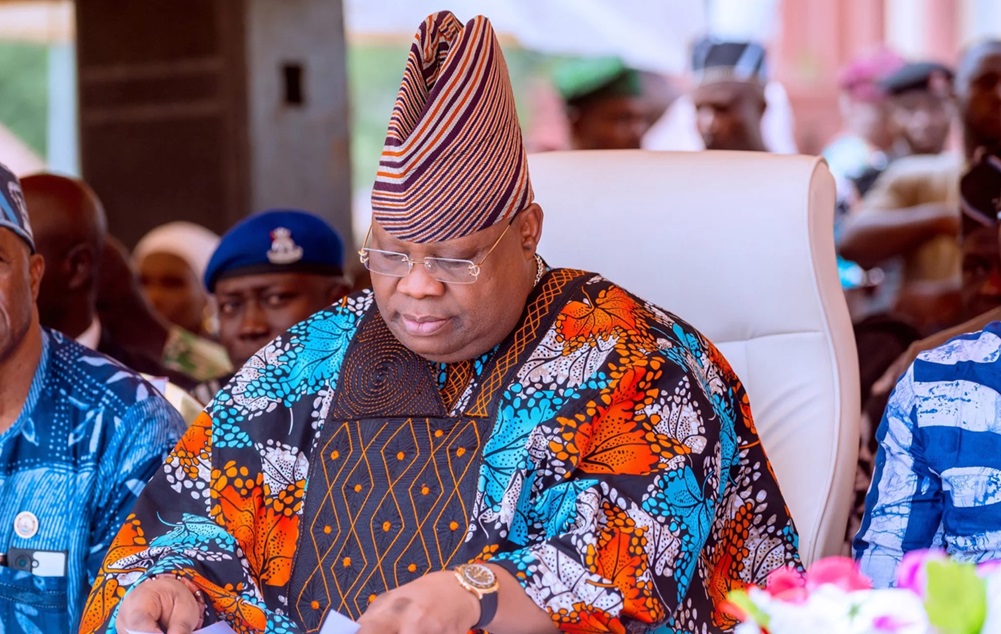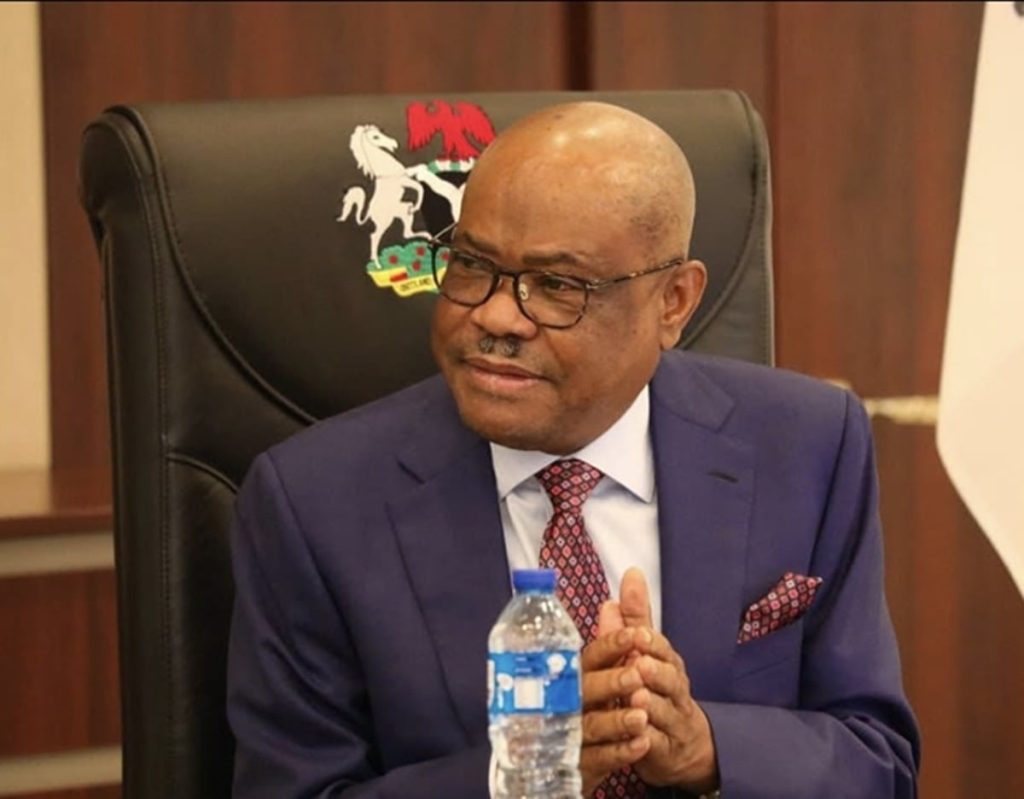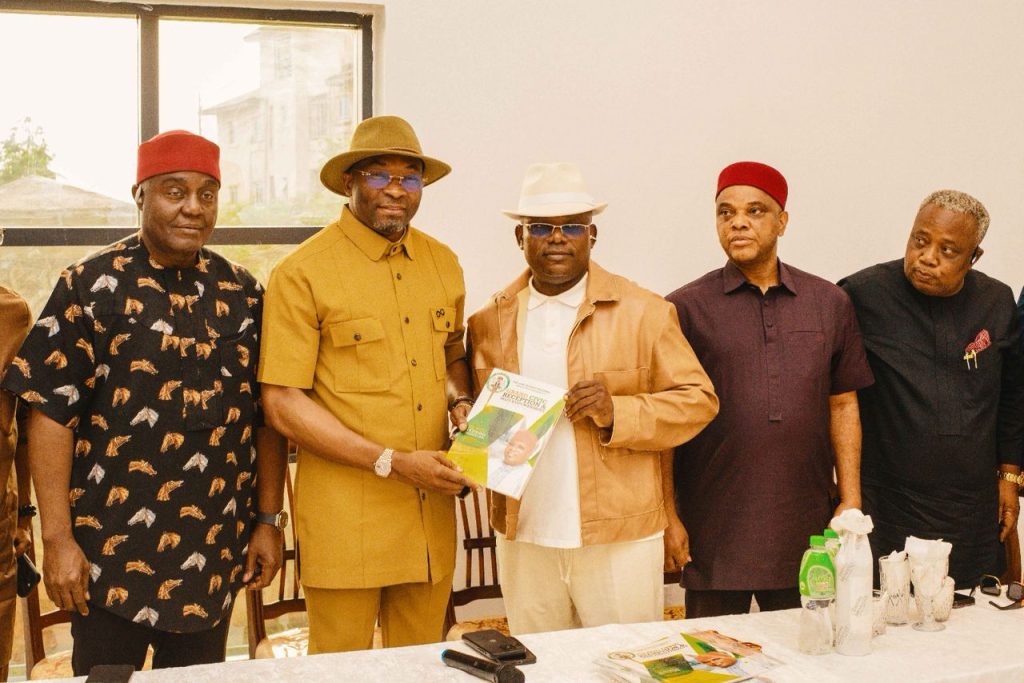South African President Cyril Ramaphosa has taken over as the interim chair of the Southern African Development Community (SADC) following Madagascar’s withdrawal from the position. The decision was made during an Extraordinary Virtual Summit of SADC heads of state and government, which was held on Friday and attended by leaders from across the region, including Malawi’s President Arthur Mutharika, Zimbabwe’s President Emmerson Mnangagwa, and Zambia’s President Hakainde Hichilema.
According to the communiqué released after the meeting, South Africa will serve as the interim chair of the SADC until August 2026, pending the identification of a new incoming chairperson by the end of November. The summit, which was chaired virtually from Pretoria, also saw the SADC extend its condolences to the families of those killed during recent unrest in Madagascar in September and Tanzania in October, expressing regret over the loss of life and destruction of infrastructure.
The regional bloc congratulated President Samia Hassan on her election, alongside Mutharika and Seychelles’ President Patrick Herminie, whose victories were also endorsed by the SADC. Madagascar’s withdrawal from the chairmanship was noted with “understanding,” citing recent political developments that had impacted its capacity to discharge the responsibilities of the position.
The SADC agreed to continue implementing the theme adopted at its 45th Summit in Antananarivo in August – ‘Advancing Industrialisation, Agricultural Transformation, and Energy Transition for a Resilient SADC’ – until August 2026. The bloc also accepted an offer by outgoing chairperson Mnangagwa to host selected SADC meetings in Zimbabwe during the interim period.
The Extraordinary Summit concluded with expressions of appreciation to Ramaphosa for convening and chairing the meeting. The development comes as the SADC faces tests to its commitment to upholding democratic principles and credible elections among its member states, following reports of violence and allegations of human rights abuses in Tanzania’s general elections in October.
The regional bloc’s response to these challenges will be closely watched, as it seeks to promote stability and economic development in the region. With South Africa at the helm, the SADC is expected to continue working towards its goals of advancing industrialization, agricultural transformation, and energy transition. The next steps for the regional bloc will be crucial in addressing the ongoing challenges and promoting a resilient SADC.



